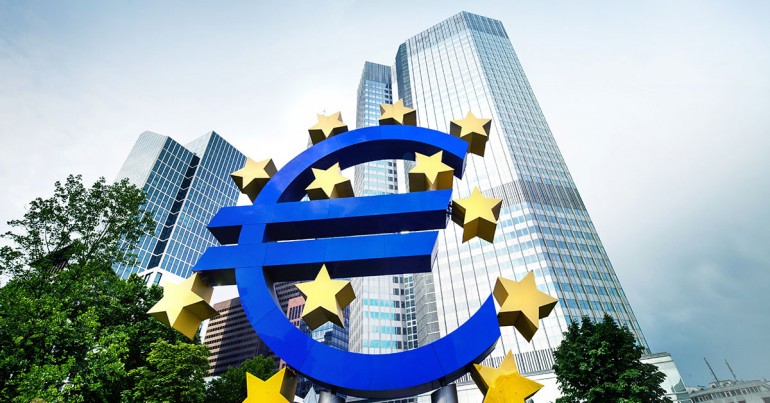
Too little too late from the ECB
Morning mid-market rates – The majors
September 2nd: Highlights
- Draghi back to face up to economic woes
- Barnier pours cold water of Backstop hopes
- Employment to dominate dollar expectations
Euro at lowest close since May 2017
The incoming ECB President Christine Lagarde commented on Friday that the ECB still has room to cut rates further and analysts are speculating about the return of QE although it appears that the ECB’s Governing Council are split about that as an option.
The major issue facing the region is the lack of a unified fiscal policy which means that every member is responsible for taxation and therefore the overall Eurozone cannot be stimulated (as happened recently in the U.S) by a round of tax cuts. Until the fiscal structure is designed in a similar manner to the creation of monetary policy, the region will be subject to shocks in the global economy and the ECB will be expected to act with one hand tied behind its back.
Last week the euro continued to fall and breached the 1.1000 level versus the dollar. It reached a low of 1.0962, closing at 1.0992. As the week has started in Asia, the single currency has barely moved as traders expect a quiet day with the U.S. celebrating Labor Day.
Considering your next transfer? Log in to compare live quotes today.
UK and EU still some way from an agreement
So far, Boris Johnson has not, at least in public, provided any solution to the issue of the backstop since German Chancellor Angela Merkel gave him a month to provide an alternative. Michel Barnier, the EU’s chief Brexit Negotiator, kept up the “party-line” by commenting that the Backstop was the minimum Brussels demands.
With Parliament due back from its summer vacation, the row over the suspension of Parliament rages on. With
Chancellor Sajid Javid presenting the Government’s spending review tomorrow and Prime Ministers questions (Johnson’s debut) on Wednesday, there will be precious little time for MPs to voice their displeasure at Johnson’s tactics before the suspension starts sometime next week.
Manufacturing activity data will be released later this morning with a slight improvement expected despite remaining in a contraction. An increase from 48.00 to 48.5 is predicted by the market. Although this will provide welcome relief, unless and until there is a breakthrough on Brexit, traders will be concerned about the outcome for the economy and the pound will continue to suffer.
It continued its recent weekly rally versus the single currency last week. It rose for the third week in succession having fallen continuously for several months before that. It reached a high of 1.1091, closing at 1.1066.
Versus the dollar, the pound clung on to the 1.2100 level, reaching a high of 1.2310, closing at 1.2165.
More tariffs “kick-in” as the global economy continues to slow
The continued tit-for-tat measures taken by both the U.S. and China are having no real effect either materially or policy-wise on each other. With Trump bemoaning the fact that the dollar remains strong the rumours continue that he is considering affirmative action to weaken the greenback.
In the context of the G7 and the agreements that it has in place, intervening to weaken the dollar would be considered a precipitate move and could easily create further protectionism and lead to an “every man for himself” situation. Th would almost certainly lead to a global recession which would be difficult to either avoid or reverse.
Not satisfied with labelling China a “currency manipulator” Trump also turned his attention to the Eurozone where he commented that the euro is “falling like a stone”. This led to further concerns that the threatened addition of tariffs to U.S. vehicle imports from the region could easily come into force. This would dent the Eurozone economy further and have the effect of pushing the euro lower.
With a holiday-shortened week in the U.S., the focus will turn to the August employment report when traders return tomorrow.
The market is expecting a slightly weaker headline than has been seen recently with around +150k new jobs created. Speculation will build as the week wears on with the private sector jobs report on Thursday a useful if an unreliable pointer to the NFP.
Last week, the dollar index rose to a high of 99.02, closing at 98.83. If it continues to threaten the 99 level, the President and Treasury could be spurred into action.
Have a great day!

About Alan Hill
Alan has been involved in the FX market for more than 25 years and brings a wealth of experience to his content. His knowledge has been gained while trading through some of the most volatile periods of recent history. His commentary relies on an understanding of past events and how they will affect future market performance.”



